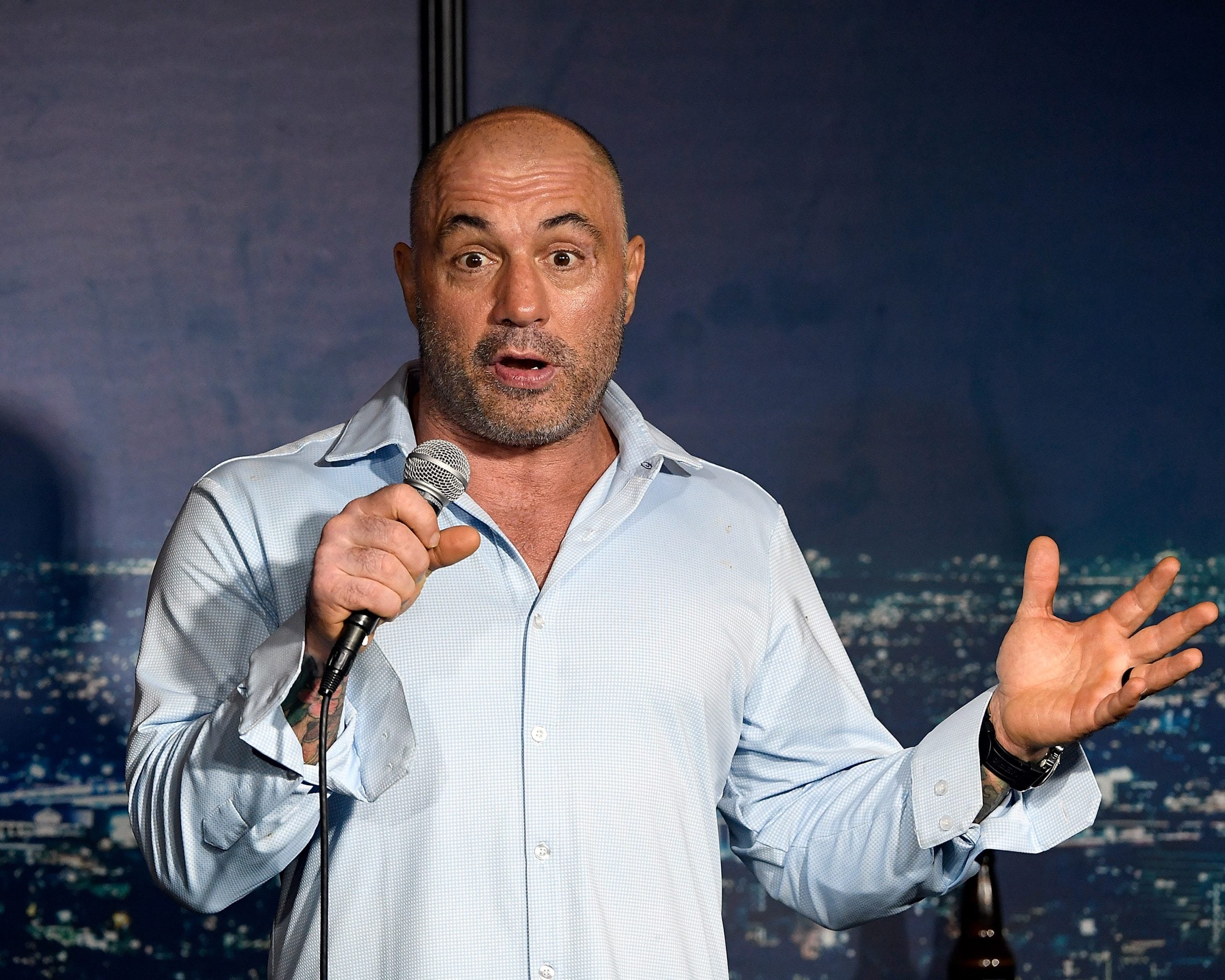

If Spotify censored foul language, specifically the slur Rogan apologized for, there would be a lot less music to listen to. As a private company, Spotify chooses whether or not to censor its content.

If people don’t like what Joe Rogan airs, they don’t have to listen. The artists who pulled their music (including Neil Young, ironically a free speech advocate) are trying to force a private company to censor their content so it aligns with their politics. Just because you disagree with someone doesn’t mean they should be silenced. People are allowed to have opinions in this country, and true to that, Rogan’s guests run the gamut of views. No one should get facts about COVID from him, but if they do, that’s their choice. Joe Rogan is not and does not claim to be a news journalist. With how polarizing the subject of the COVID-19 vaccine is, and considering how skepticism towards the vaccine stems partly from a distrust of pharmaceutical companies and the media, seeing a corporation censor someone with that view is likely only going to solidify that belief. Information that is factual and truthful should be able to prevail by virtue of having proper arguments and evidence for them. Would the people who drafted the Bill of Rights more than 200 years ago be fine with prohibiting speech just because it wasn’t done by the state? Certainly, the circulation of misleading information isn’t ideal, but to me, letting these ideas be subject to counter-arguments and further debate seems far more preferable than hiding away ideas deemed unacceptable. For Spotify to take down the podcast would set a precedent that allows for corporations to restrict speech that should be protected under the first amendment. If the first amendment makes it unconstitutional and illegal for the government to prohibit opposition and dissent (in most cases), shouldn’t tech companies be subject to the same rules? Even though Spotify is a private entity, its power is comparable to that of governments in regards to the spread of speech, given the size of its user base. Regardless of whether what he said was incorrect, giving media corporations the authority to strike down people’s opinions is, in effect, akin to censorship from the state. Would the people who drafted the Bill of Rights more than 200 years ago be fine with prohibiting speech just because it wasn’t done by the state?”


 0 kommentar(er)
0 kommentar(er)
